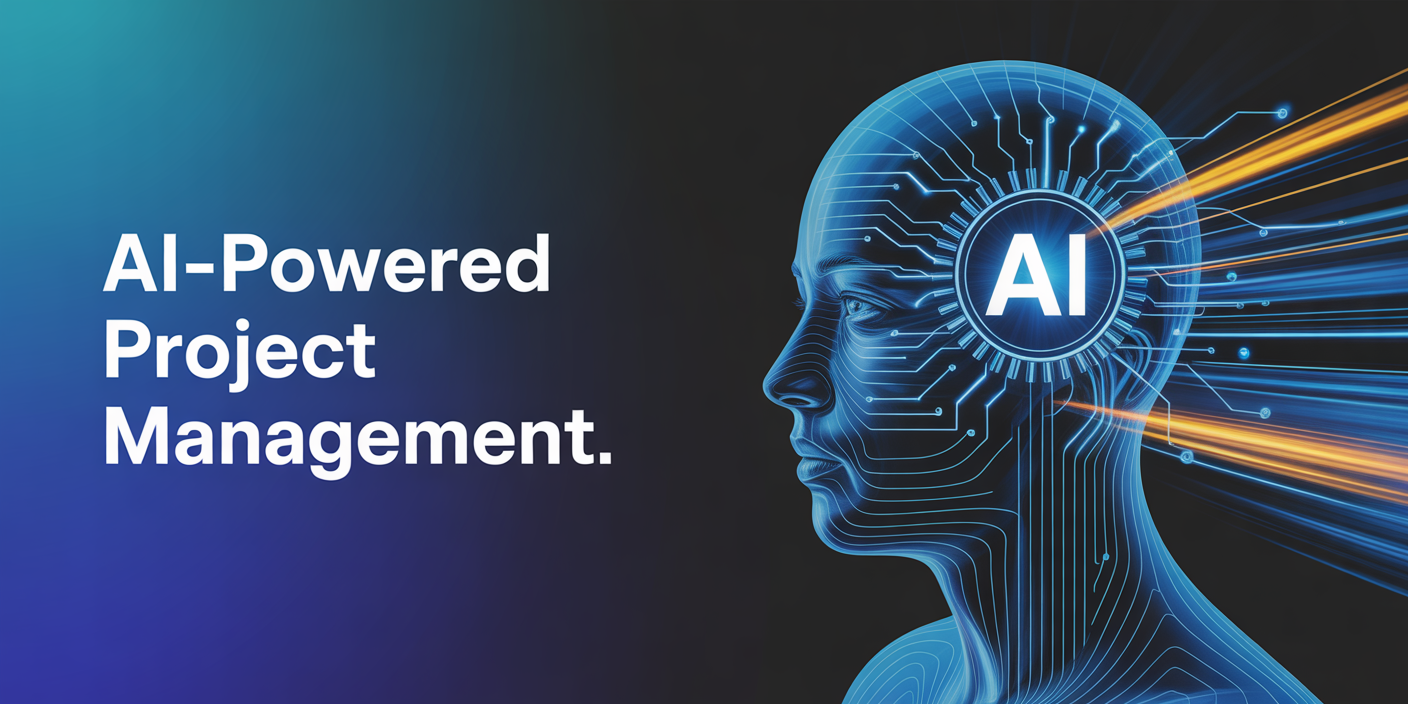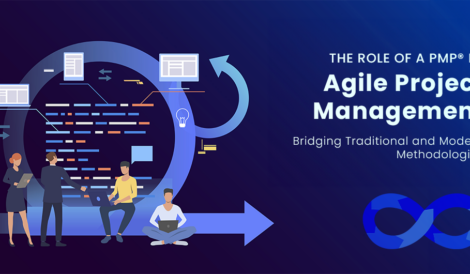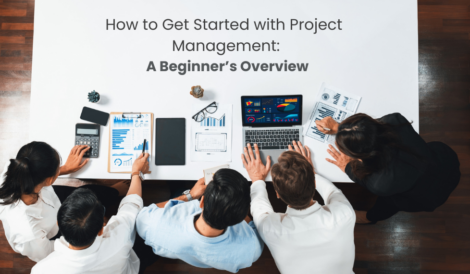Artificial Intelligence (AI) is not just a trend in project management—it is the new standard. From startups to global enterprises, organizations are leveraging AI tools and strategies to streamline operations, maximize efficiency, and enhance outcomes. In 2025, AI is transforming project management through predictive analytics, smart automation, and intelligent collaboration.
For a deeper exploration of Agile in today’s context, read our previous article: Agile Project Management Best Practices 2025.
How AI is Revolutionizing Project Management in 2025
1. Predictive Scheduling and Smart Planning
Modern AI tools can analyse historical task data, seasonal patterns, and resource loads to generate realistic schedules and timelines automatically. Predictive scheduling ensures that overruns and bottlenecks are planned for in advance, keeping projects on track and within budget.
2. Automated Work Breakdown Structures (WBS)
AI enables project managers to transform simple project descriptions into detailed work breakdown structures and Gantt charts instantly, saving time and reducing errors.
3. Real-Time Risk Identification and Mitigation
AI-driven platforms monitor projects in real time to identify risks as they emerge. They provide actionable recommendations based on past data—including budget mismatches or resource overload—ensuring rapid response and minimal disruption.
4. Data-Driven Decision-Making
With AI, project managers can access high-quality insights from vast datasets. This leads to more accurate forecasting, better resource utilization, and objective decisions, eliminating guesswork and office politics.
5. AI-Powered Virtual Assistants & Collaboration
Virtual assistants use AI-powered natural language processing to answer queries, provide status updates, send reminders, and help automate routine tasks. Collaboration platforms now include meeting summarization, status reporting, and instant issue resolution, creating transparency and expediting problem-solving.
6. Smart Resource Matching
AI scans skill matrices, current workloads, and contractual terms to assign the right resource to the right task—improving both compliance and team efficiency.
Real-World Case Studies: AI Impacting Project Management
- Healthcare: Major healthcare systems use AI for predictive analytics and smart resource allocation, improving patient outcomes and optimizing operations.
- Supply Chain & Logistics: Global companies apply AI for accurate demand forecasting, optimized shipping routes, and risk management, achieving higher efficiency and lower costs.
- Software & Construction: Companies like IBM and Siemens have reduced project delays and improved productivity by deploying AI in project planning and resource allocation.
Trends and Tools to Watch for in 2025
- Automated project scheduling and reporting platforms
- AI-based risk management dashboards
- Agentic AI for autonomous project actions (charters, reporting)
- Popular tools: MS Project with AI, Asana, Any.do, BeeDone
For more details and reviews, check out this comprehensive list of Best Free AI Project Management Tools for 2025.
Best Practices for Project Managers
- Upskill teams in AI literacy and ethical use
- Blend AI solutions with agile and hybrid methodologies
- Use data and feedback for continuous improvement
- Ensure compliance and transparency in AI adoption
Conclusion:
AI-powered project management will continue to evolve, driving better outcomes and greater efficiency across industries. Project managers who embrace these changes and leverage AI-driven practices will stand out as leaders of tomorrow.








